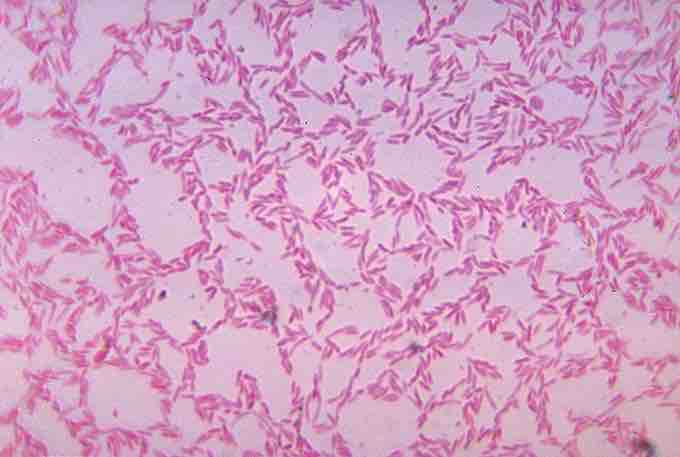Bacteroides include a specific genus of gram-negative bacillus bacteria. This genus of bacteria is characterized by their sphingolipid based membranes and are typically non-endospore forming and anaerobic. The bacteroides are further characterized as mutualistic and have been identified in the mammalian gastrointestinal system . The ability of the bacteroides to function in an anaerobic environment allow them to reside in the abdominal cavity in aerotolerant conditions. The presence of bacteroides in the normal flora of mammals is indicative of its role in processing complex molecules to simpler ones that can be utilized by the host. The energy sources for the bacteroides are typically derived from the host. The role of bacteroides in the normal flora extends beyond their ability to breakdown larger complex molecules and can display protective function. The bacteroides are able to benefit the host by preventing infection by potential pathogens that may colonize and infect the gut as well. Due to the abundancy of the bacteroides within the gastrointestinal system, bacteroides constitute a significant portion of the fecal bacterial population.

Bacteroides biacutus
An image of Bacteroides biacutus, an anaerobic bacterium present within the gastrointestinal tract.
Flavobacterium include a specific genus of gram-negative bacteria that are characterized by their presence in soil and fresh water environments. Flavobacterium can be either non-motile or motile and are rod-shaped. To date, there are 10 established species of flavobacterium and several new proposed species. The flavbacterium are characterized by their ability to cause disease in freshwater fish such as salmon and rainbow trouts. For example, the species Flavobacterium psychrophilum is responsible for causing Bacterial Cold Water Disease (BCWD) on salmonids and Rainbow Trout Fry Disease (RTFS) on rainbow trouts. The species Flavobacterium branchiophilum causes the Bacterial Gill Disease (BGD) on trouts.